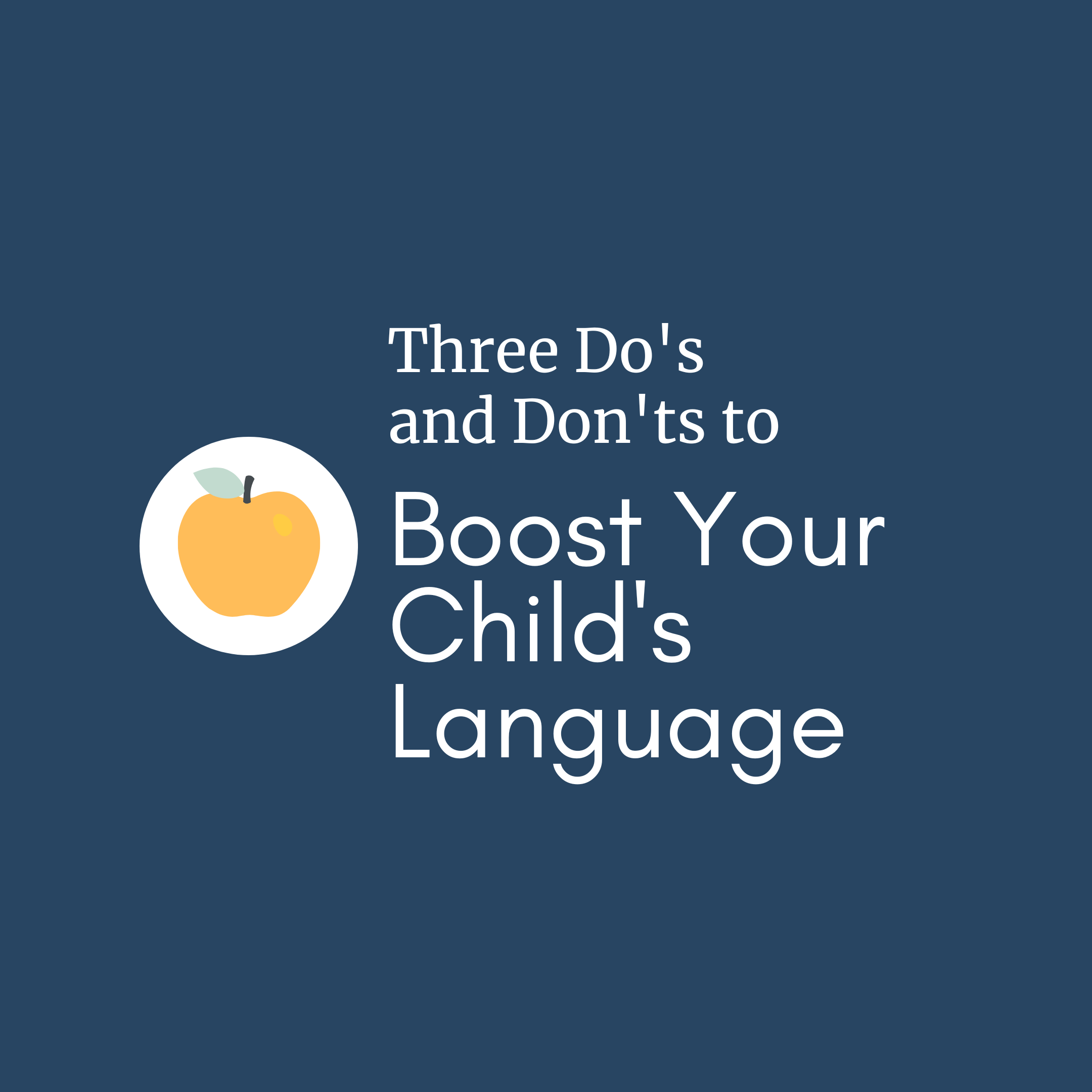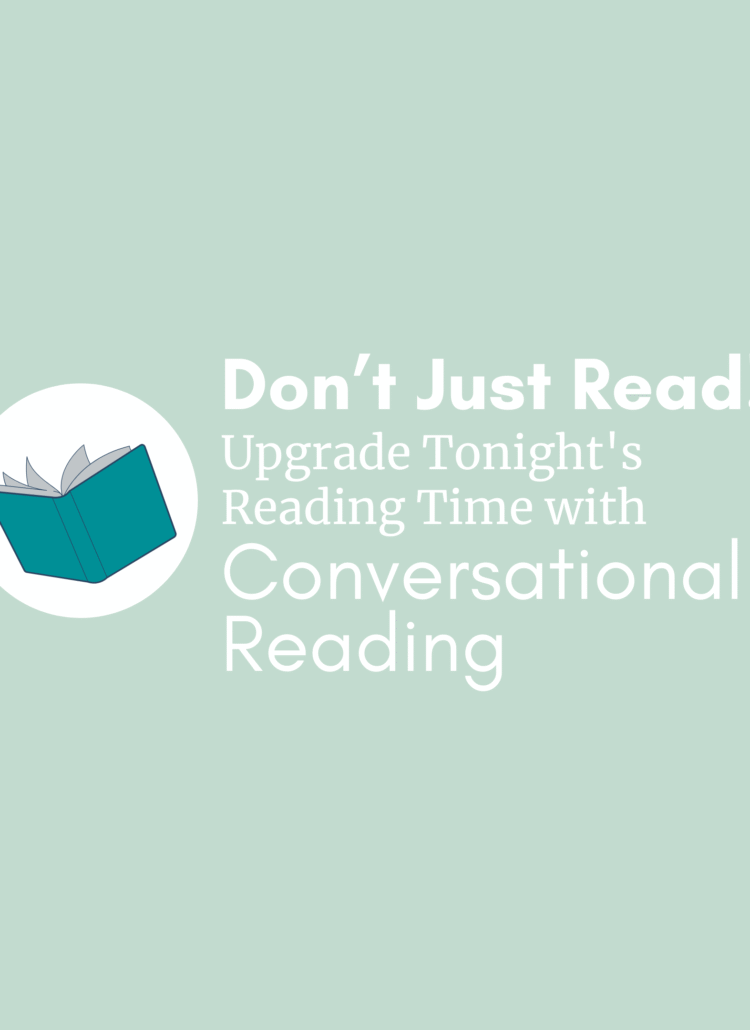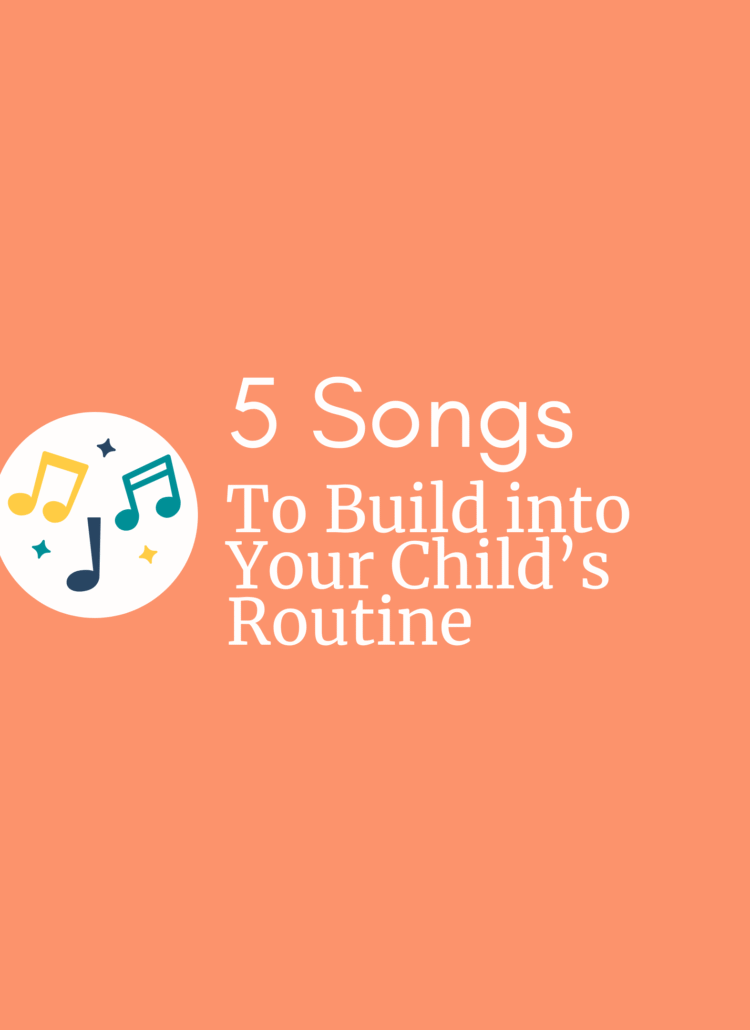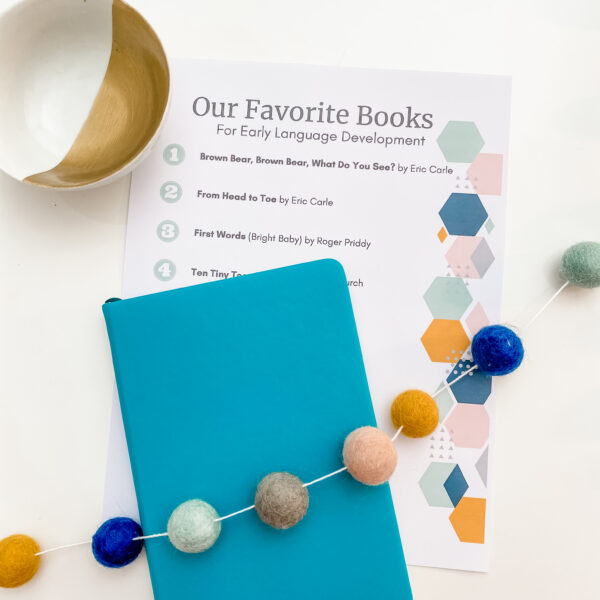
Do you remember doing pattern worksheets in elementary school?
I loved staring at the symbols or the colors until I could see the pattern emerge.
It was like being a detective!
In a similar way, after working with children and parents for over 20 years, I can see patterns of what works and what doesn’t work when parents want their child to start talking.
There are lots of things we can do to support and encourage language development. And there are some things we should skip.
Here are 3 do’s and 3 don’ts to support your child’s language development.
Do’s
1. Be present.
When you are with your child, be completely with your child.
It is easy to miss subtle communication cues if you are distracted.
When you spend time with your child, set your phone aside and tune in to your child.
Your child might reach for a toy and babble a string of sounds. This is a great opportunity to talk about the toy and engage in a simple back and forth sound play.
The beginning of the communication was so simple (reaching for a toy and making some sounds) so it is so easy to miss it if your attention is elsewhere.
2. Understand what “counts.”
Here’s a hint – it all counts!
It is easy to think that only spoken words count as communication but that means that we are ignoring and not valuing so much communication from our little ones.
In addition to words, here are several other things that count as communication:
➡️reaching
➡️a gesture (like hand waving or clapping)
➡️looking at an object then looking at you
➡️intentional babbling
➡️saying only part of a word (like saying “ba” for “ball”)
When thinking about words, your child’s approximation of a word counts as a word if it is intentional and consistent. If you child says, “kee kee,” every time he sees your cat and it sounds the same each time, then that counts as your child’s current way of saying “kitty.”
3. Expand on Communication.
Once you understand all the ways your child is communicating, you can expand on her communication.
The main idea is to respond by saying something that is one small step beyond the level where your child is currently.
Here are some examples.
For a child not yet talking
If your child point to a banana and makes a sound, say, “Banana! Mmmm, banana! Banana.”
Here you are giving your child the word for the item (“Banana.”), adding a little context (“Mmmm, banana.”) then repeating the word for the item your child is interested in (“Banana.”). Our main focus is having your child hear the word “banana” several times while she is still looking at and interested in the banana.
For a child just starting to say a few words
If your child holds up a ball and says, “Ba,” respond by saying “Ball. Red ball. Ball.”
Here you are using the complete word (“Ball.”) then adding a word to the word your child used (“Red ball.”). This helps your child get ready to combine words together.
For a child who is starting to put words together
If you child sees a dog and says, “Big dog,” respond by saying, “Wow! I see the big dog.”
Here you are expanding her phrase (“Big dog.”) into a short sentence.
Don’ts
1. Don’t demand words.
Some parents try to help their child start talking by holding up an item, like an apple, and saying, “Say, ‘Apple’.”
This is a confusing model for your child. Your child may start imitating the whole phrase, “Say apple.”
Instead, just model the word, “Apple” and move on.
Your child will start imitating words when he is ready.
2. Don’t correct her attempts.
Instead of saying, “No, that’s wrong,” respond to your child using a correct model.
In the example above when your child says, “kee kee” for “kitty,” don’t correct her. Just acknowledge what she said by saying, “Kitty! There’s the kitty!”
This is the best way of honoring your child’s communication and giving her the correct pronunciation. Over time, she’ll start using it.
3. Don’t expect instant results.
All children develop in similar sequences but at different times.
Sometimes growth is happening that you can’t see.
Keep modeling good language, create a language-rich home, interact in meaningful ways each day, and celebrate the little wins.





